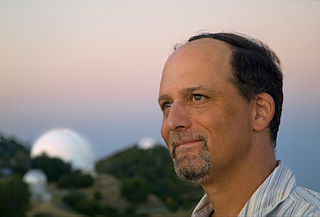Top 5 Quotes & Sayings by Geoffrey Marcy
Explore popular quotes and sayings by Geoffrey Marcy.
Last updated on April 14, 2025.
I'm at a funny crossroads, personally. I really want to turn my attention away from planet-hunting towards Search for Extra-Terrestrial Intelligence (SETI) program at UC-Berkeley. I'm in this lucky position that my career has been more successful than I could have ever imagined. It's time for me to roll the dice, try something that's a long shot. Younger scientists can't put their eggs in that basket, because if you spend your time on SETI, your chances of success are low. But I have the luxury. There are some experiments we can do to hunt for the great galactic Internet.
A major puzzle for which nobody has an answer is this: is there some size at which the planets change their nature from water-rich planets like Neptune, to rocky planets like the Earth? We have found two planets that are the size of the Earth in radius, but they are very close to their host star, so water on the surface would evaporate away.
In the next century or two, we humans will have planet-finder telescopes that span our solar system with mirrors strewn from here to Jupiter, giving us enormous angular resolution so we can do the kind of science that a self-respecting advanced civilization ought to be doing. We should someday be imaging the continents on other planets. We can't do that yet, but aliens can do that already, so they know we are here.

















